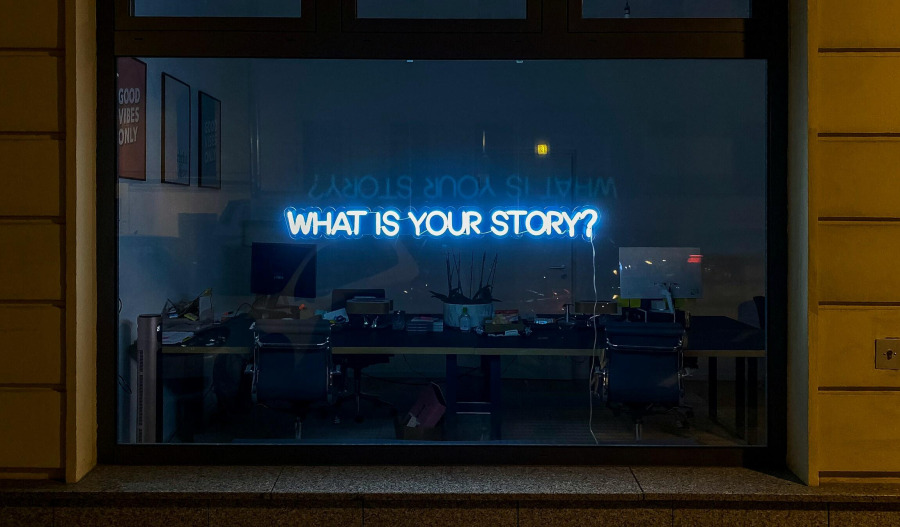In the world of public relations, white labelling, the practice of producing work under another agency or brand’s name, is often positioned as a pragmatic solution.
It promises scale, discretion, and seamless client servicing. For boutique firms and independent strategists, it can be a tempting revenue stream.
But beneath the surface, white labelling carries risks that can quietly erode credibility, creative integrity, and long-term strategic value, for both the PR practitioner and the client.
As someone who has built campaigns that elevate brands, leaders, and legacies, I believe it’s time to challenge the normalisation of white labelling in PR.
Not because it’s inherently unethical, but because it’s increasingly misaligned with the values that define great communication: authenticity, accountability, and strategic clarity.
The Erosion of Creative Ownership
At its core, PR is about storytelling, not just telling a story, but owning it. When you white label your work, you relinquish the right to be publicly associated with the ideas, strategies, and outcomes you’ve created. That might seem like a fair trade-off in exchange for an invoice, but over time, it can dilute your professional identity.
Creative ownership isn’t just about ego. It’s about building a body of work that reflects your strategic thinking, your voice, and your impact.
When your contributions are consistently hidden behind another brand’s banner, you lose the ability to showcase your value, and that makes it harder to attract the kind of clients, collaborators, and opportunities that align with your vision.
Strategic Misalignment and Reputation Risk
White labelling often creates a disconnect between the strategist and the client. You may be crafting messaging, managing crises, or shaping executive narratives, but without direct access to the client’s leadership, culture, or long-term goals.
That lack of proximity can lead to misalignment, where the work becomes transactional rather than transformative.
Worse, if the white-labelled agency misrepresents your work, mishandles implementation, or fails to uphold ethical standards, your reputation is at risk, and you may have no recourse. In an industry built on trust and nuance, that’s a dangerous position to be in.
Undermining the Value of PR as a Strategic Discipline
When PR is white labelled, it’s often treated as a commodity, a set of deliverables rather than a strategic partnership. That perception undermines the discipline itself.
Great PR isn’t just about media coverage or social content; it’s about shaping perception, navigating complexity, and building enduring relationships.
By allowing your work to be white labelled, you may inadvertently reinforce the idea that PR is interchangeable, that it doesn’t matter who’s behind the curtain, as long as the outputs are delivered.
That’s not just bad for your brand; it’s bad for the profession.
Lost Opportunities for Legacy and Leadership
For visionary communicators, the ultimate goal isn’t just to execute campaigns, it’s to leave a legacy.
That means being recognised for the ideas that shift culture, the strategies that drive change, and the leadership that inspires others.
White labelling makes that nearly impossible.
You can’t build thought leadership if your name isn’t attached to your work. You can’t mentor rising talent if they don’t know what you’ve built.
And you can’t shape the future of the industry if you’re always operating in the shadows.
The Ethical Grey Zone
White labelling isn’t inherently unethical, but it does raise questions, especially when clients are unaware that the work is being outsourced. Transparency matters.
Clients deserve to know who’s shaping their brand narrative, advising their executives, and managing their reputation.
If you’re white labelling for an agency that doesn’t disclose your role, you may be complicit in a lack of transparency.
That’s not just a professional risk, it’s a moral one. In an era where authenticity is currency, opacity is a liability.
So, What’s the Alternative?
Collaboration doesn’t have to mean invisibility. Strategic partnerships, co-branded campaigns, and credited contributions offer a middle ground, one that allows PR professionals to scale their impact without sacrificing attribution.
If you’re considering white labelling, ask yourself: Is this relationship built on mutual respect, transparency, and strategic alignment? Will it help me grow, or will it keep me hidden?
And most importantly, does it reflect the kind of communicator and leader I want to be?
In PR, visibility isn’t vanity. It’s value. And in a world that’s increasingly hungry for authentic voices and trusted advisors, the most dangerous thing you can do is stay silent about the work you’ve done.



